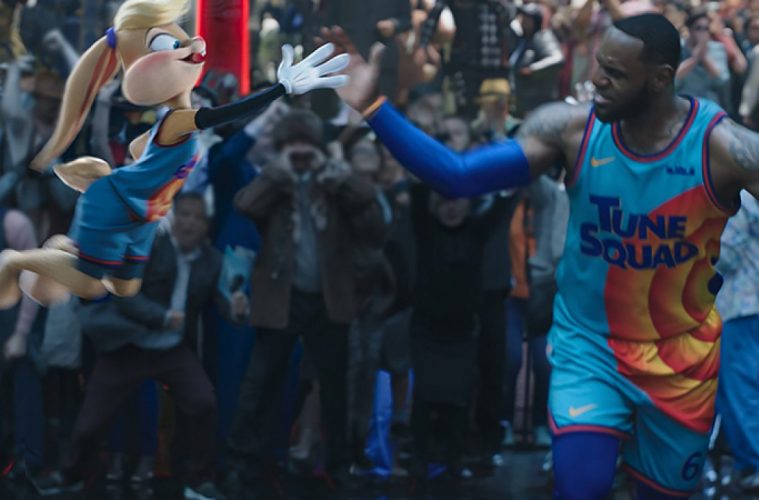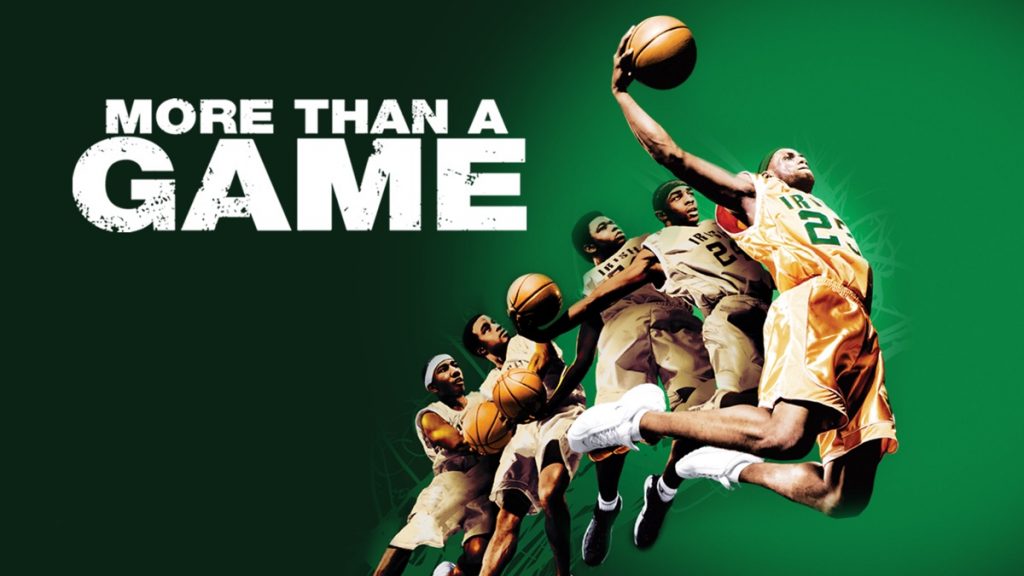NBA phenom LeBron James and his manager/business partner Maverick Carter founded SpringHill entertainment in 2007. Their first project, a documentary, “More Than a Game” in 2008 followed James and his Akron, Ohio high school teammates through the ups and downs of high school basketball, and ultimately his journey to fame. Since then, the company – now known as The SpringHill Company – has grown with more than 30 projects under their belt with several more on the way according to Jamal Henderson, the company’s chief content officer, in a recent interview featured on the.
Throughout their growth, James, Henderson and their team have been dedicated to the company’s core mission: To empower greatness in every individual. Henderson describes how they achieve this goal is by creating culturally inspired entertainment.
“Our ethos around culturally inspired entertainment is stories that are for us, by us but not limited to things that you would assume would come from a company like ours,” Henderson says. “LeBron is the founder of this production company and this entity. So when we talk about culturally inspired, that culture could be what he lived coming from Akron, Ohio; where I lived coming from Buffalo, New York; what they lived in East London like in the show ‘Top Boy,’ and it could be about entrepreneurship and what it’s like to be with Maverick building a company.”
The SpringHill Company has amassed deals with Warner Brothers, Universal, Netflix, and Disney in film, television, and audio. Henderson is responsible for several of the company’s projects including the Space Jam sequel, “Space Jam Legacy,” the British crime series, “Top Boy,” and the body contortion family game show, “The Wall.” Recently the company produced the mini-series “Self Made: Inspired by the Life of Madam C.J. Walker” for Netflix. He states the company’s focus is to produce uplifting content with representation and inclusion.
“We talk about culturally inspired projects because they’re projects that sort of speak to us. Typically they have a protagonist of color, but it’s really just about empowerment. We want to empower artists and creators.
“A lot of times with when you’re talking about empowerment, you’re talking about people that don’t look like us, and that’s, by the way, that’s above the line and below the line. So empowering storytellers, empowering creators to tell stories and do their thing – that’s really what it’s about.”
“We take a tremendous responsibility in artists, trusting us with their stories. And so we feel like, you know, we got to get these stories made. I think it’s up and down our slate, we take pride in it.
“We have a really strong team. Executives across unscripted and scripted television, film, and even audio now as well. They have their own slate, but we’re also moving fast against opportunities.”




